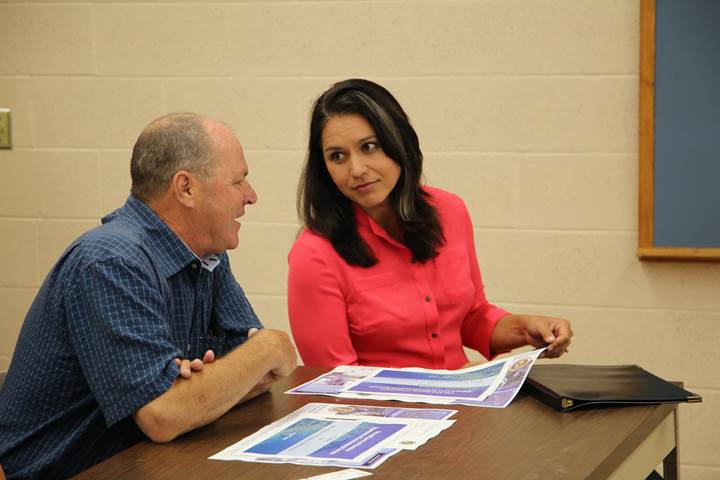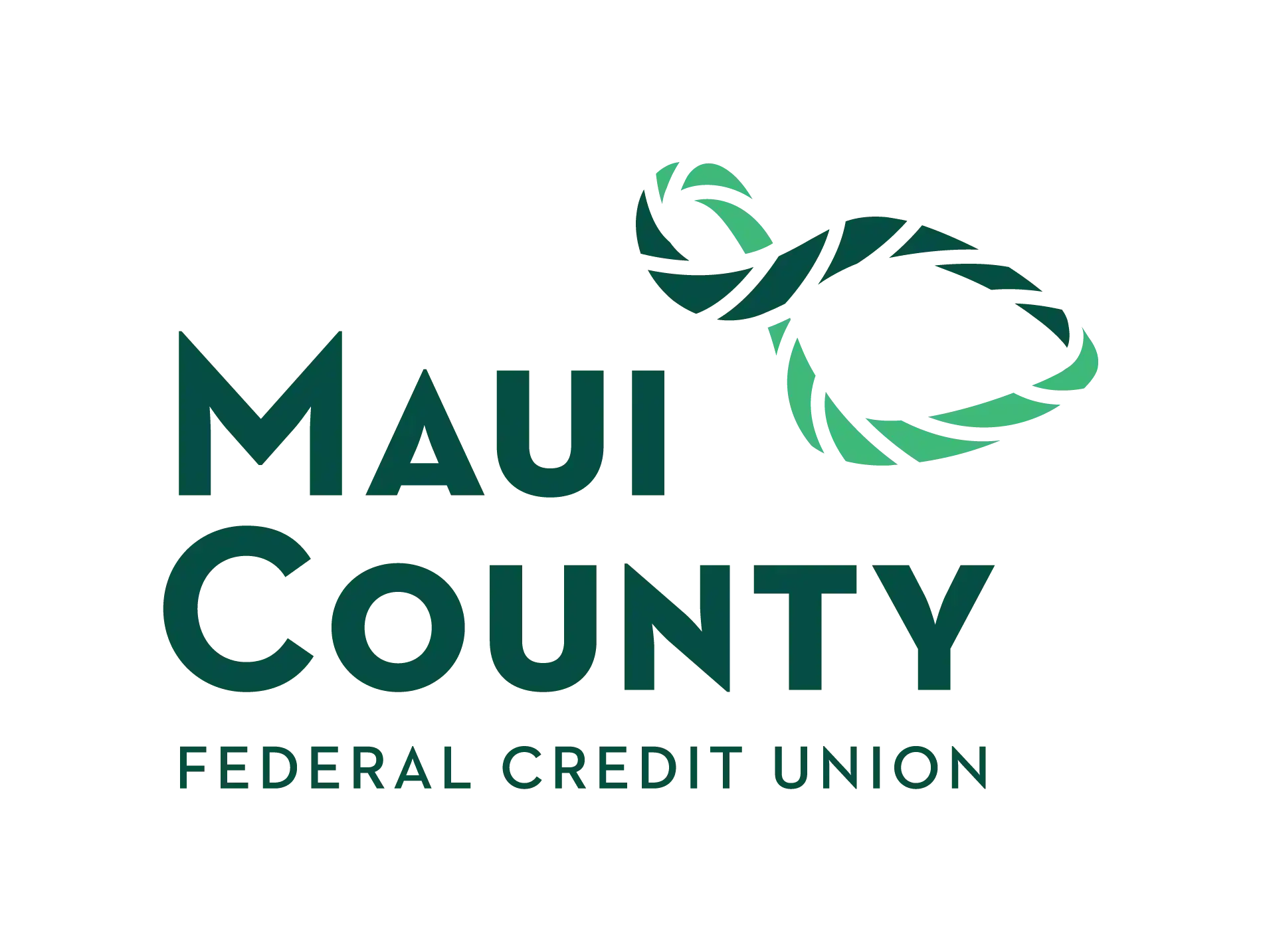EPA Administrator Addresses Red Hill, Hawai‘i Cesspools, Water Protection
The new Environmental Protection Agency Region IX Administrator, Mike Stoker, met with US Representative Tulsi Gabbard on Tuesday to discuss key concerns and environmental threats to Hawaiʻi’s people. Topics discussed included:
-

EPA Region IX Administrator Mike Stoker (left) and Rep. Tulsi Gabbard (right) discuss Red Hill, Hawaiʻi cesspools, federal funding, and water protection. PC: courtesy Office of US Rep. Tulsi Gabbard.
Environmental concerns of the Red Hill Bulk Fuel Storage facility, and the need to eliminate the threat of any future spills or contamination to Hawaiʻi’s largest drinking water aquifer
- The status of cesspool conversion in Hawaiʻi and the fact that Hawai‘i has more cesspools than any other state—half of which are located in areas that require urgent action
- Hawaiʻi’s first-in-the-nation ban on sunscreens linked to coral damage, and Rep. Gabbard’s bill that will be introduced to make the ban national
- Opportunities for Hawaiʻi’s counties to better maximize federal funding for environmental, wastewater management, and sustainability projects across the state. As of July 1, 2018, Hawaiʻi has over $9 million unspent from the EPA capitalization grant for the Clean Water State Revolving Fund that could be used toward projects to address Hawaiʻi’s coastal water contamination and storm water overflow challenges, threatening the opportunity for these funds to be available in the future. Governor Ige’s Administration also did not apply for any funding in the 2017 Water Infrastructure Finance and Innovation Act program, which could be used toward drinking water treatment and distribution projects, wastewater conveyance and treatment projects, enhanced energy efficiency projects at drinking water and wastewater facilities, and more.
Rep. Tulsi Gabbard said:
“Hawaiʻi faces many unique environmental challenges—from high risk cesspools that threaten our water, Red Hill fuel storage tanks above Oahu’s largest water aquifer, and unspent infrastructure funds at risk of being cut, to the more than $1.05 billion in drinking water investment needed in Hawaiʻi over the next twenty years to ensure safe water for our people. I’m encouraged by Administrator Stoker’s commitment to work with us to address these issues, and protect our water, air and land for generations to come.”
Rep. Tulsi Gabbard and Administrator Stoker also received a briefing from the City and County of Honolulu Department of Environmental Services on the Kailua Wastewater Treatment Plant improvements, including the recently completed Kāneʻohe-Kailua sewer tunnel project designed to more safely transfer sewage and increase storage capacity for Windward Oʻahu’s wastewater system reducing the possibility of overflow.
The EPA-funded $15 million investment in a long-term energy savings performance contract at the recently completed Kāneʻohe-Kailua Wastewater Conveyance and Treatment Facilities project will also save taxpayer dollars and help reduce our dependence on imported oil.
Rep. Tulsi Gabbard is an original cosponsor of the Water Affordability, Transparency, Equity and Reliability Act that would authorize $35 billion a year to improve drinking water and wastewater services in Hawai‘i and states across the country, including renovating old and lead-ridden water pipes, and stopping sewage overflows and other problems stemming from a national water affordability crisis. The Water Affordability, Transparency, Equity and Reliability Act of 2018 would create a WATER Trust Fund, and dedicate annual federal support to:
- Fully fund the Drinking Water and Clean Water State Revolving Funds;
- Provide additional technical assistance to rural and small municipalities and Native American governments;
- Increase funding to construct, repair and service household drinking water wells;
- Create a new grant program for the repair, replacement or upgrading of household septic tanks and drainage fields;
- Increase funding to Native American governments for water infrastructure;
- Require EPA to coordinate a study about water affordability, discrimination by water and sewer providers, public participation in water regionalization efforts, and water shutoffs;
- Restrict Drinking Water SRF funding to publicly or locally owned systems;
- Provide funding for public schools to test and replace drinking water infrastructure; and
- Provide grants to replace lead service lines serving households.









